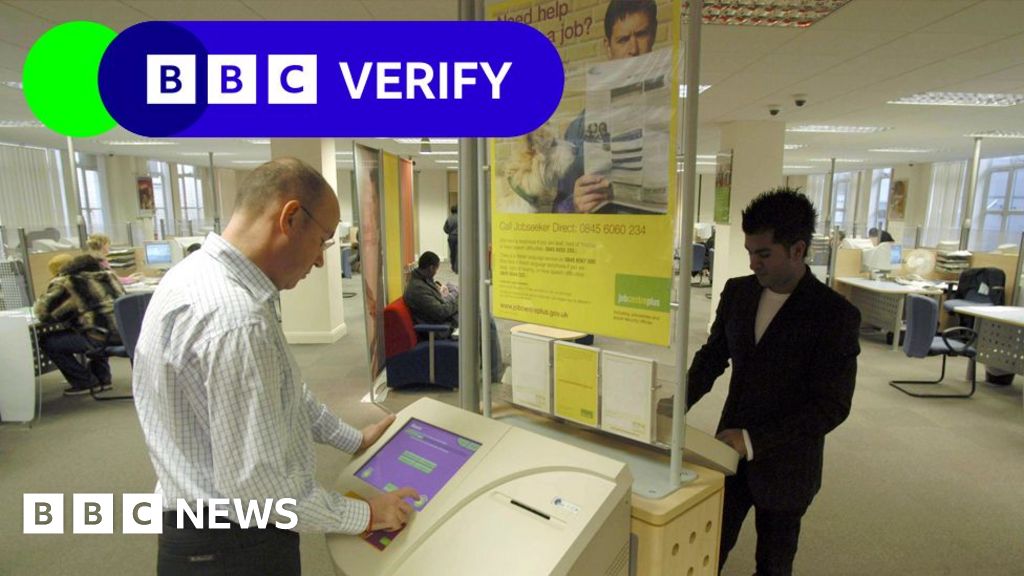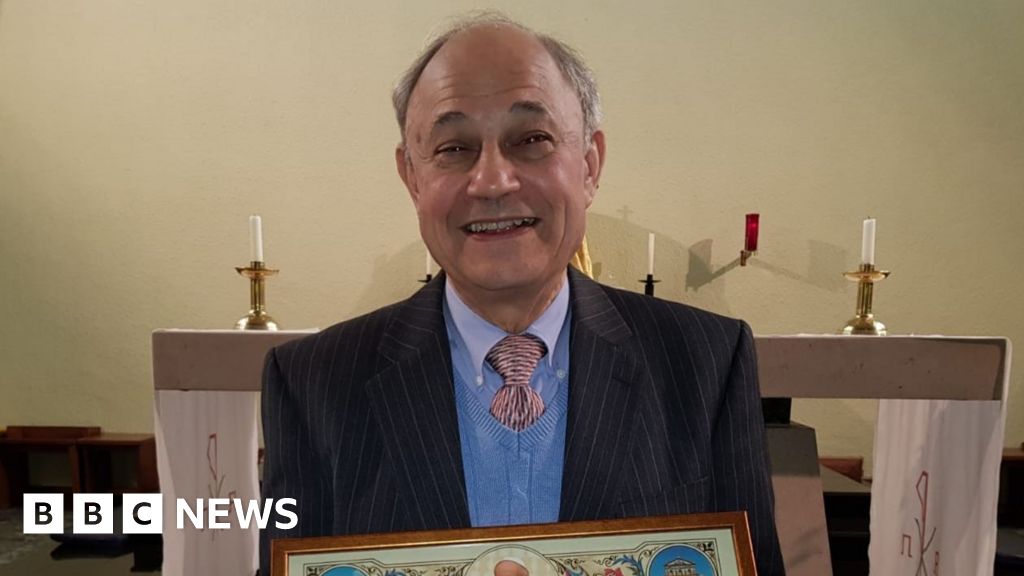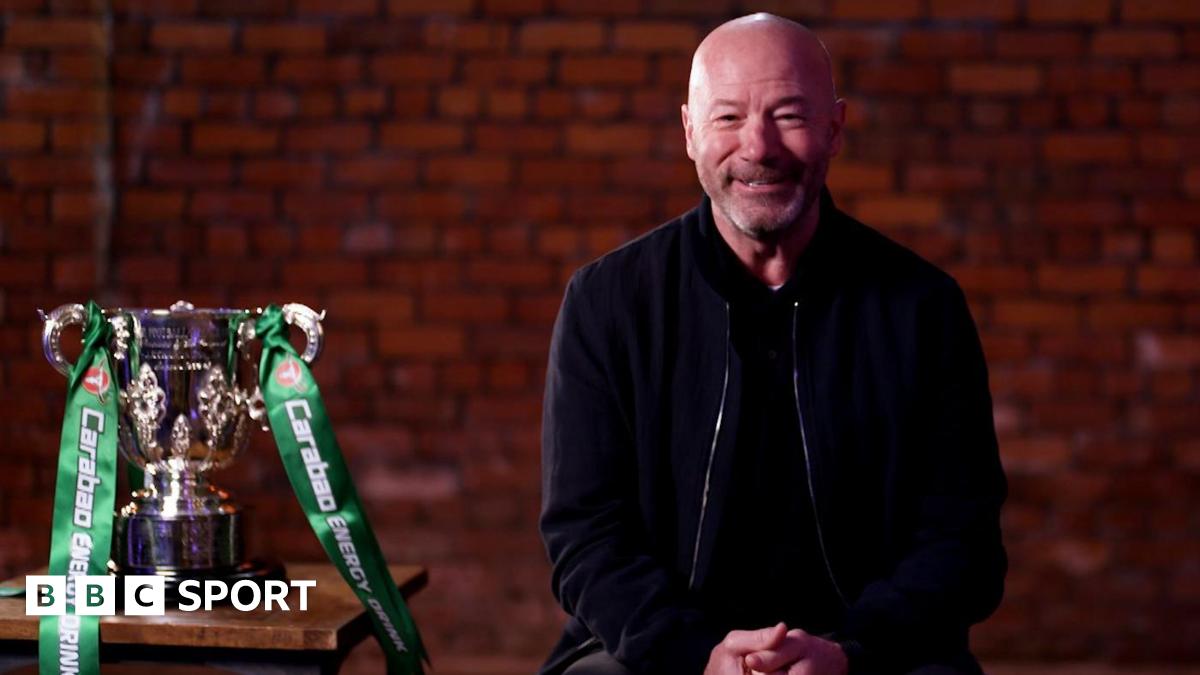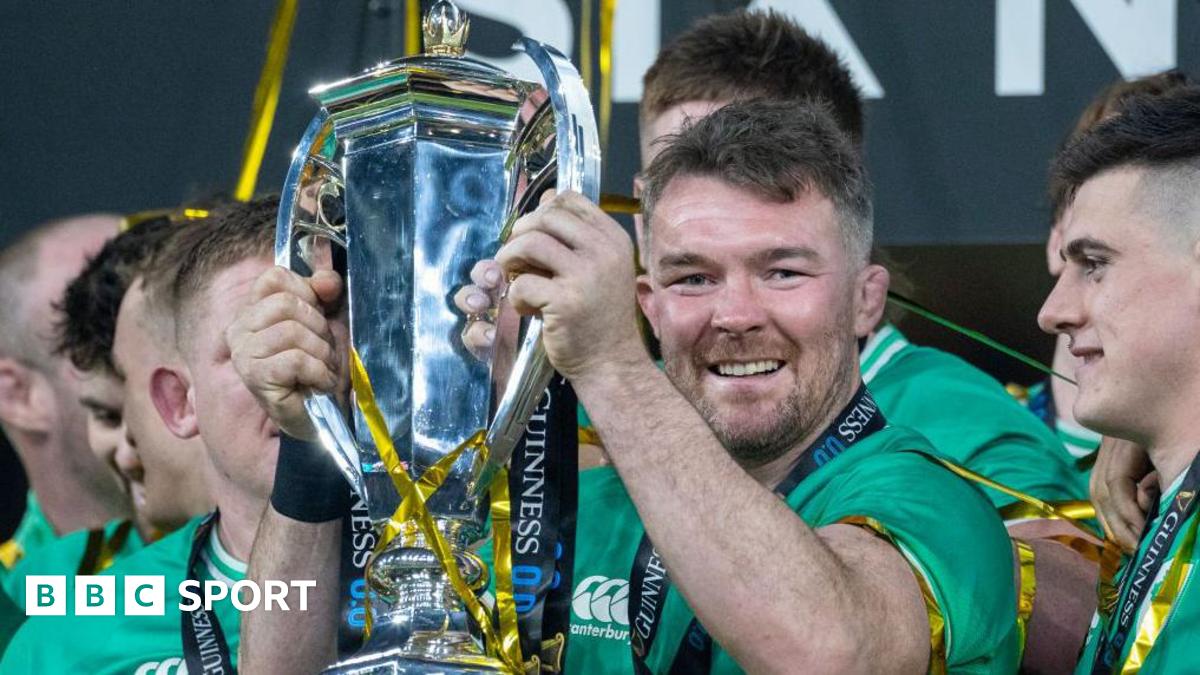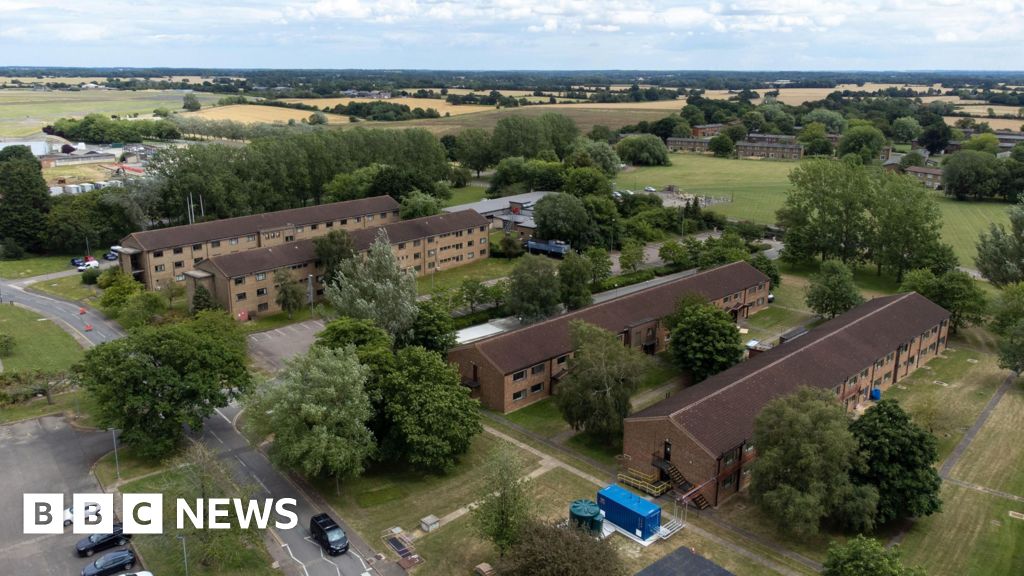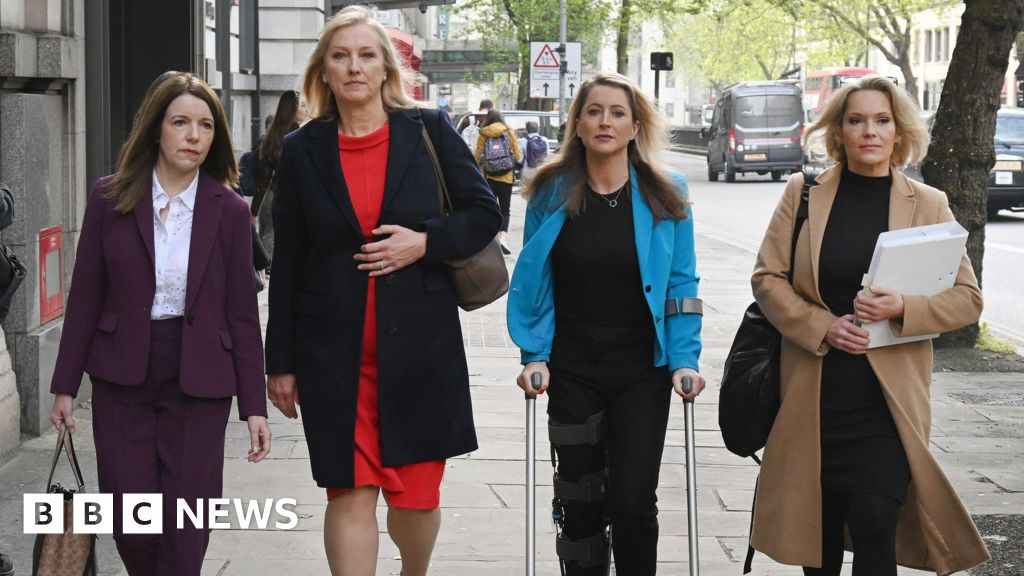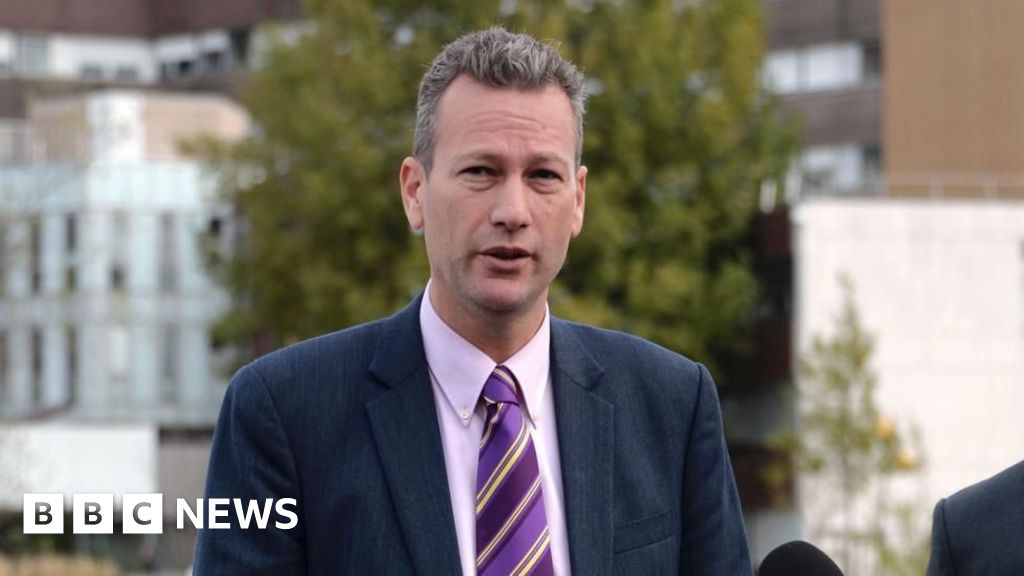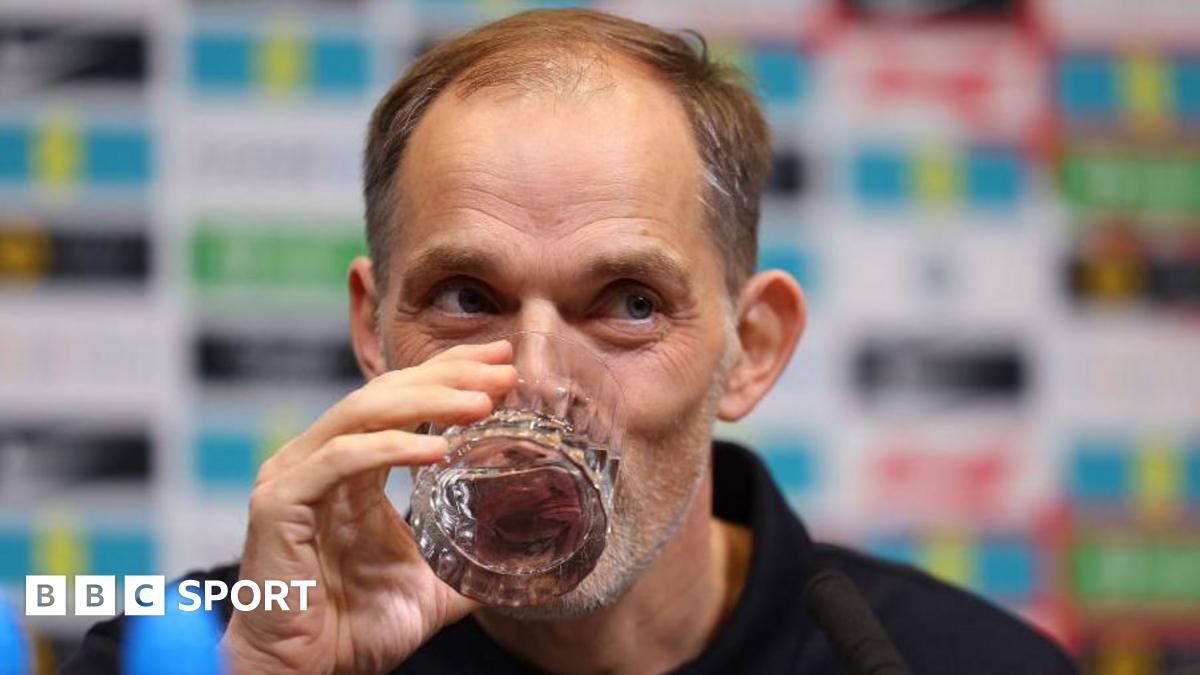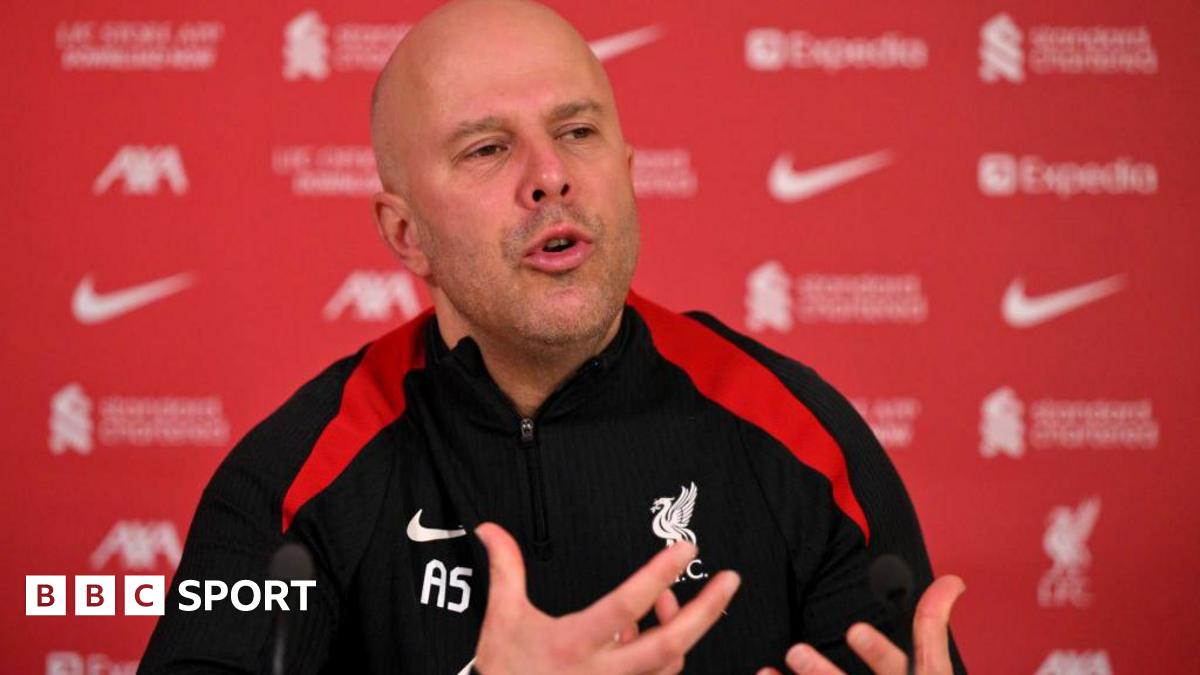31 minutes ago
By Steven McIntosh, Entertainment reporter

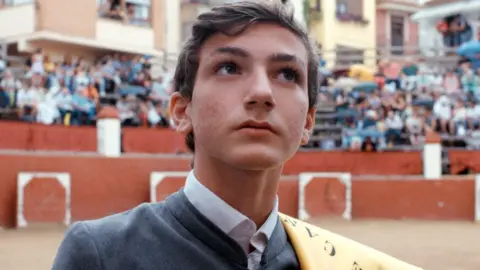 Aconite Productions
Aconite Productions
Borja comes from an underprivileged background and is encouraged to pursue bullfighting by his grandfather
A new documentary follows a boy living in a small town in Spain, whose family expects him to become a professional bullfighter.
It may sound like an unusual career choice in an era where bullfighting is considered a cruel and outdated sport, primarily due to issues of animal welfare.
Social attitudes in some parts of Castellón, however, are not quite as progressive as those in nearby Valencia and Barcelona, and the boy's grandfather, unbothered by the controversy surrounding bullfighting, encourages his grandson to pursue it.
A new documentary, The Boy and the Suit of Lights, which has just premiered at the Sheffield Documentary Festival, follows the child, Borja, and the relationship with his grandfather, Matias, over several years.
Director Inma De Reyes, who is from Castellón, grew up with the bullring in the centre of her hometown and saw coverage of bullfights on television, but didn't realise her birthplace was considered Spain's bullfighting capital.
"It's a small city where time hasn't passed, people have very traditional jobs, they work in fishing, the orange fields, or bullfighting, and every so often there would be a traditional celebration which is religious.
"So I see my hometown as where nothing ever changes. That's why I left, I didn't fit in there, I wanted to explore the world and find out who I was outside of that place.
"And by coming back and making a film there, that's how I started to look more in depth at how families are putting values onto children and the children's personalities are being shaped."
When de Reyes began looking into the subject for a documentary, her mother sent her local newspaper articles highlighting the bullfighting traditions, and the film-maker was opened up to a world she "hadn't taken an interest" in previously.
"My granddad owned books and posters about bullfighting, but I did think that was generations ago," de Reyes recalls. "I didn't know how big the culture was."
A friend of the Spanish director, who is now based in Edinburgh, connected her to a bullfighting school, through which she ultimately met Borja.

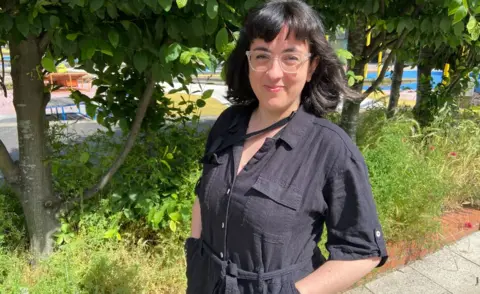
Director Inma de Reyes was unaware of her hometown's reputation as Spain's bullfighting capital
The practice sees the bullfighter, usually in bright and decorated clothing, attempt to subdue, immobilise, or kill a bull, in a ring in front of a live audience.
It's clear from the film that Matias harbours his own unfulfilled dreams of becoming a professional bullfighter, and pins his ambitions on his grandson succeeding where he failed, partly in the hope it might help lift the family out of poverty.
Coming from underprivileged background, Borja feels limited by a life with seemingly little opportunity, and goes along with his family's wishes to begin with.
Producer Aimara Reques says becoming a bullfighter is an "a romantic idea", adding: "That's what Borja is holding on to."
"Everybody sees the bullfighter as a figure with status, you don't think of the killing. As a child, he's fantasising just as the family does. 'Oh, wow, he's going to be standing up there'.
"It's a theatrical event, it's quite camp in a sense, you dress up, the mothers are so proud. But then you have to kill the bull, that's the biggest paradox."
An industry in 'decay'
Filmed over five years, The Boy and the Suit of Lights doesn't shy away from the controversy surrounding bullfighting.
Borja watches as protestors storm the ring during one fight with banners which say "No violence."
However, for a film with bullfighting at its centre - it contains noticeably little bullfighting footage. Instead, it's the backdrop of a subtle coming-of-age story about adolescence, family and poverty.
"We knew that the film couldn't have bullfighting at the front," says de Reyes. "Borja's coming-of-age story had to be front and centre, and also to make the film watchable.
"You can watch bullfighting on YouTube, I was not interested in capturing any more of that. It's more about forming a personality as a child."
On a practical level, there also wasn't a huge number of bullfights taking place - only two took place as the documentary was shooting.

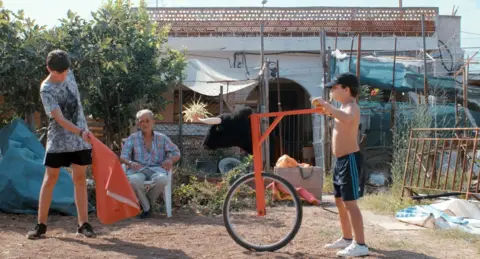 Aconite Productions
Aconite Productions
The boys practice using a replica bull's head mounted on a wheel
De Reyes, who is now based in Edinburgh, describes Borja's personality as "gentle and caring" - a temprement possibly unsuited to the bullfighting world.
"At the beginning, I was very impressed by Borja's dedication and he was so diligent about his duty. He was almost like, 'this is what I've been told to do and this is what I'm going to do'. I thought he was an amazing child," says de Reyes.
"And as time goes by, I hope you can see in the film how his mind doesn't fully engage with the commitment of killing a bull. And I also felt that as a director, that Borja wasn't made for this, and he kind of knew it."
The film includes footage of Borja and his brother rehearsing using replica bulls' heads mounted on wheeled frames, with their grandfather looking on.
It also follows Borja in other settings - spending time with his friends and getting a traditional bullfighter's costume fitted.
However, the challenge of putting Borja's own story front and centre was that, like many boys his age, he wasn't always prone to sharing his feelings.
"Making the film, I was trying to capture what Borja was thinking without him saying it," says de Reyes, "because I don't feel like he would ever say to anybody that he wasn't going to do this - but you could tell.
"So trying to capture that in cinema, saying he's starting to have these thoughts, without any voiceovers or interviews, was really hard."
She credits her cinematographer with capturing Borja's emotions via facial expressions and body language. "You start to realise he's got a lot going on, just by looking at him."

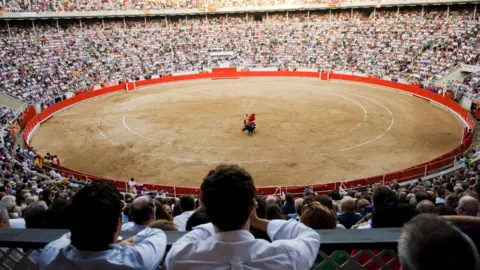 Getty Images
Getty Images
Barcelona's last bullfights were held in 2011 (pictured) after the Catalan regional Parliament voted to ban bullfighting
Although legal in Spain, many individual cities have outlawed the practice of bullfighting. It also still occasionally takes place in parts of Portugal, Southern France, Mexico, Ecuador, Venezuela, and Peru.
But it has been made illegal in many countries, including the UK, or is in the process of being outlawed. A ban in Colombia is being phased out gradually, and is set to fully take effect in 2027.
De Reyes is aware that some people might hear about the bullfighting element of the film and be put off watching it, but she says the documentary's message is more "that children should be allowed to explore and be whoever they want to be'.
"And also I hope it broadens [viewers'] minds, not judge immediately someone who is doing something they think is bad, and give someone a second chance and explain the reasons behind some people's choices.
"Not everybody has the privilege to choose a career path or go to university, even if they're white and in Europe. I hope people don't get put off by the word bullfighting or the world around it."
Reques adds that there's unlikely to be much of a future for bullfighting, even for those who do go on to pursue it as a career.
"The reality is it's an industry in decay," she says. "It's declining, it doesn't exist any longer.
"The people who want to hold on to the traditions think it's very big, but most bullfighters are unemployed. It's no longer what it was, and that's obvious in the film."
The Boy and the Suit of Lights screens at Sheffield DocFest on Sunday, before playing other film festivals in the coming moths. Aconite Productions hopes to distribute it in the UK at a later date.

 8 months ago
26
8 months ago
26
